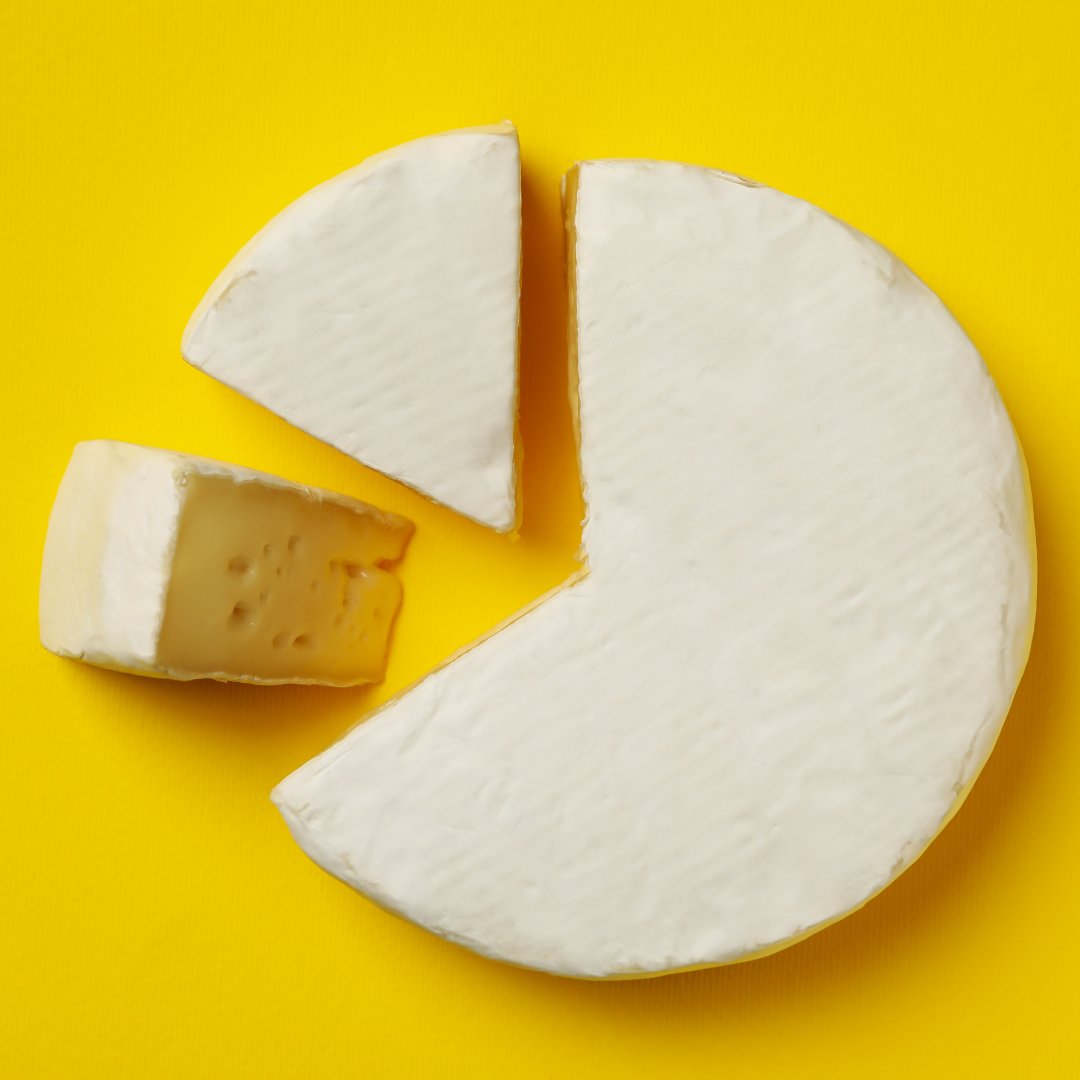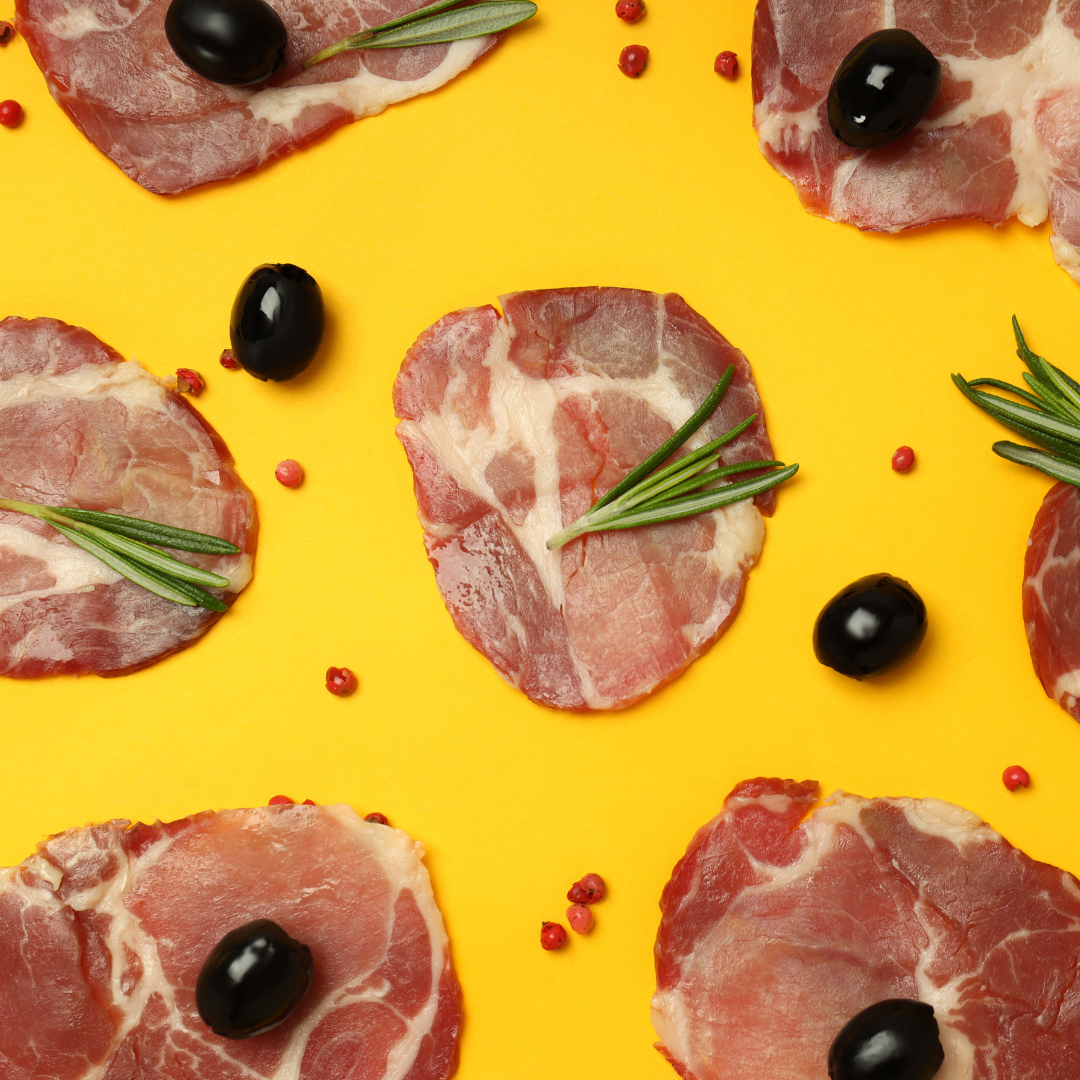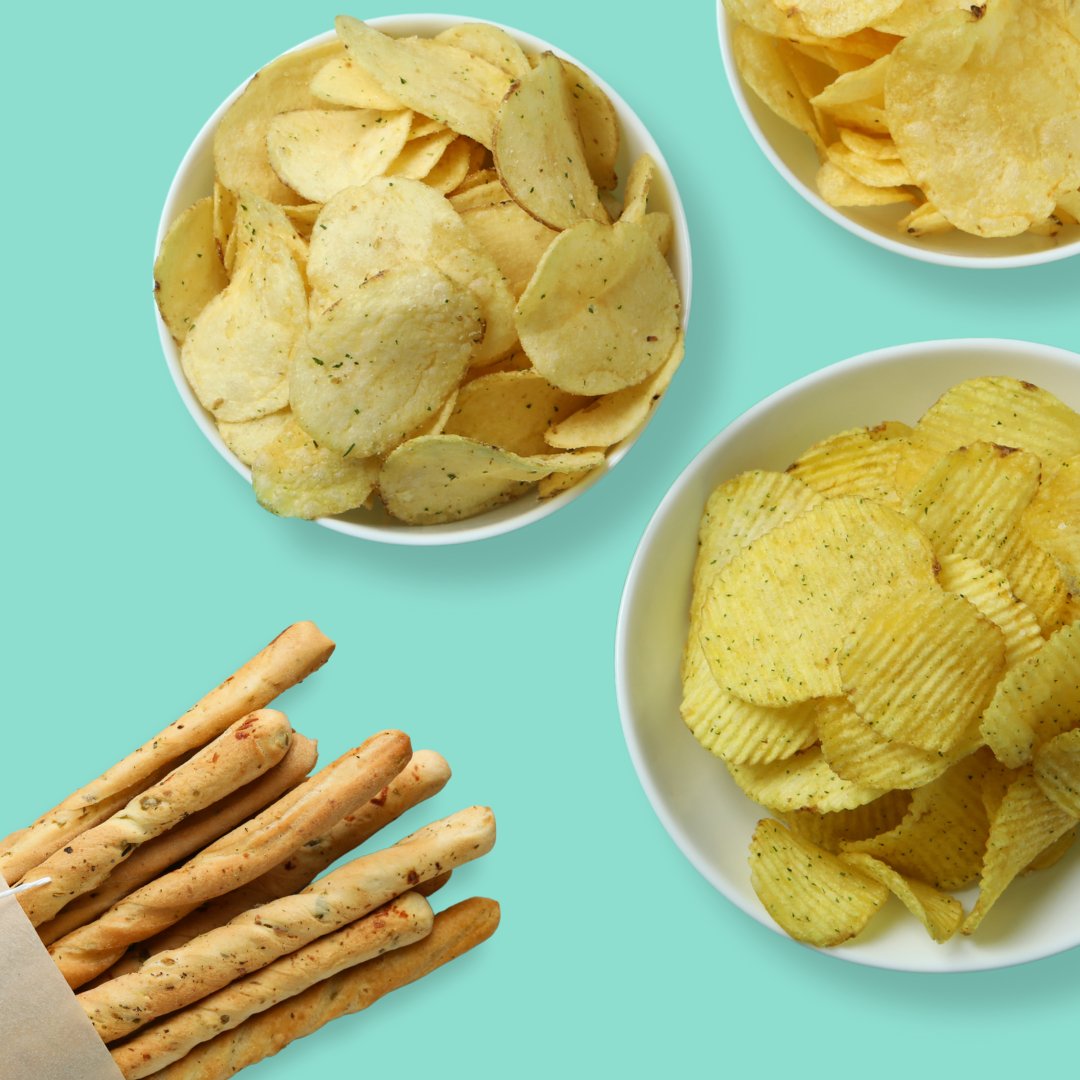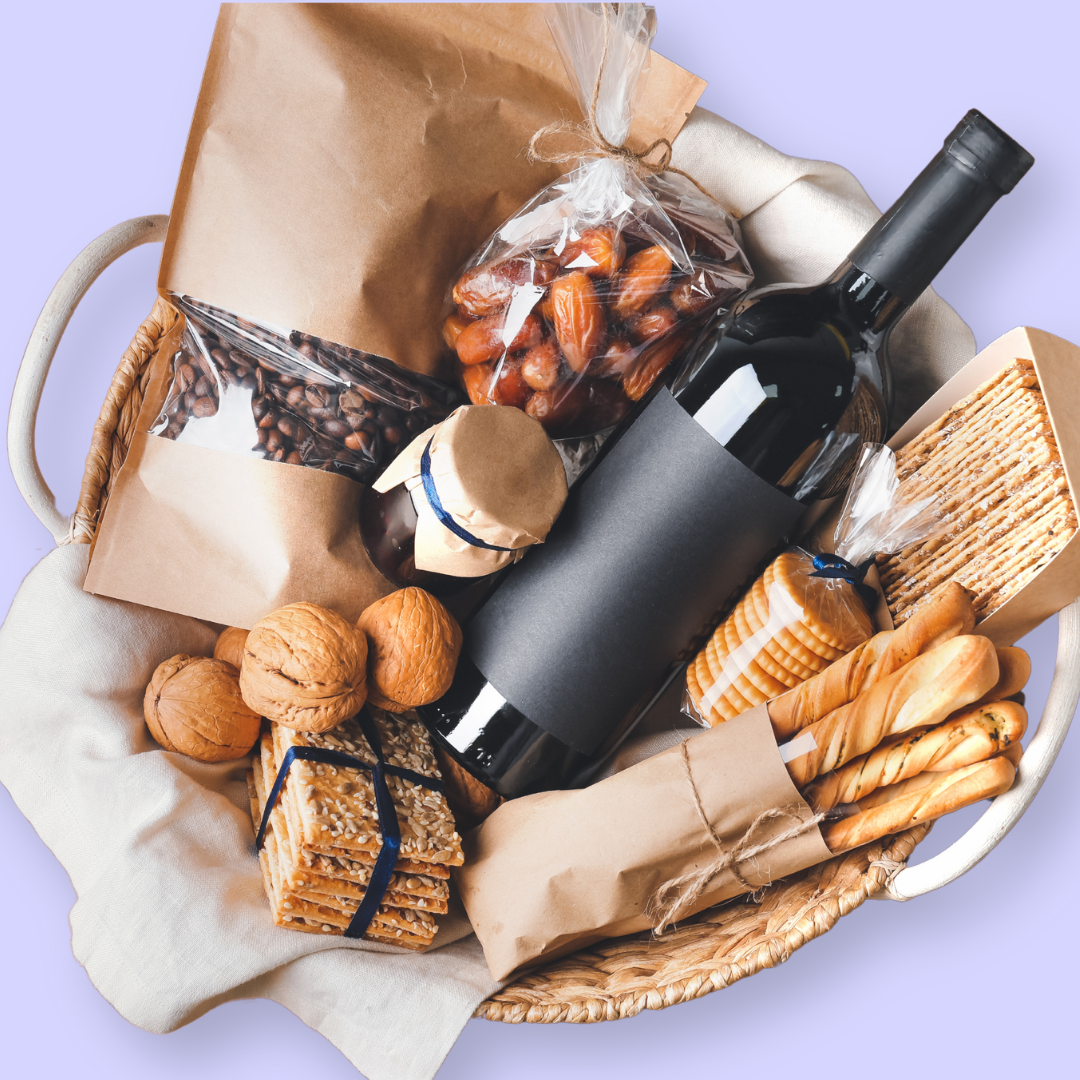
This store requires javascript to be enabled for some features to work correctly.
-
You're viewing DECANT SF. Switch to NAPA VALLEY.
-
Save 10% automatically when you add 12+ bottles to your cart!
-
PLEASE NOTE: MOST OUT OF STATE GROUND SHIPMENTS ARE CURRENTLY ON HOLD DUE TO FREEZING WEATHER.
White Blends
We love a blend. These wines combine multiple grape varieties to create flavors that are complex, balanced, and aromatic. Each blend reflects the artistry of winemakers who skillfully mix varietals to enhance the attributes of each.
Our selection features a range of styles from light and crisp to rich and full-bodied. Discover blends from renowned wine-producing areas such as Bordeaux, where Sauvignon Blanc and Sémillon merge to produce elegant, layered wines; and from the Rhône Valley, known for its aromatic blends of Viognier, Marsanne, and Roussanne.
Our selection features a range of styles from light and crisp to rich and full-bodied. Discover blends from renowned wine-producing areas such as Bordeaux, where Sauvignon Blanc and Sémillon merge to produce elegant, layered wines; and from the Rhône Valley, known for its aromatic blends of Viognier, Marsanne, and Roussanne.
-

-
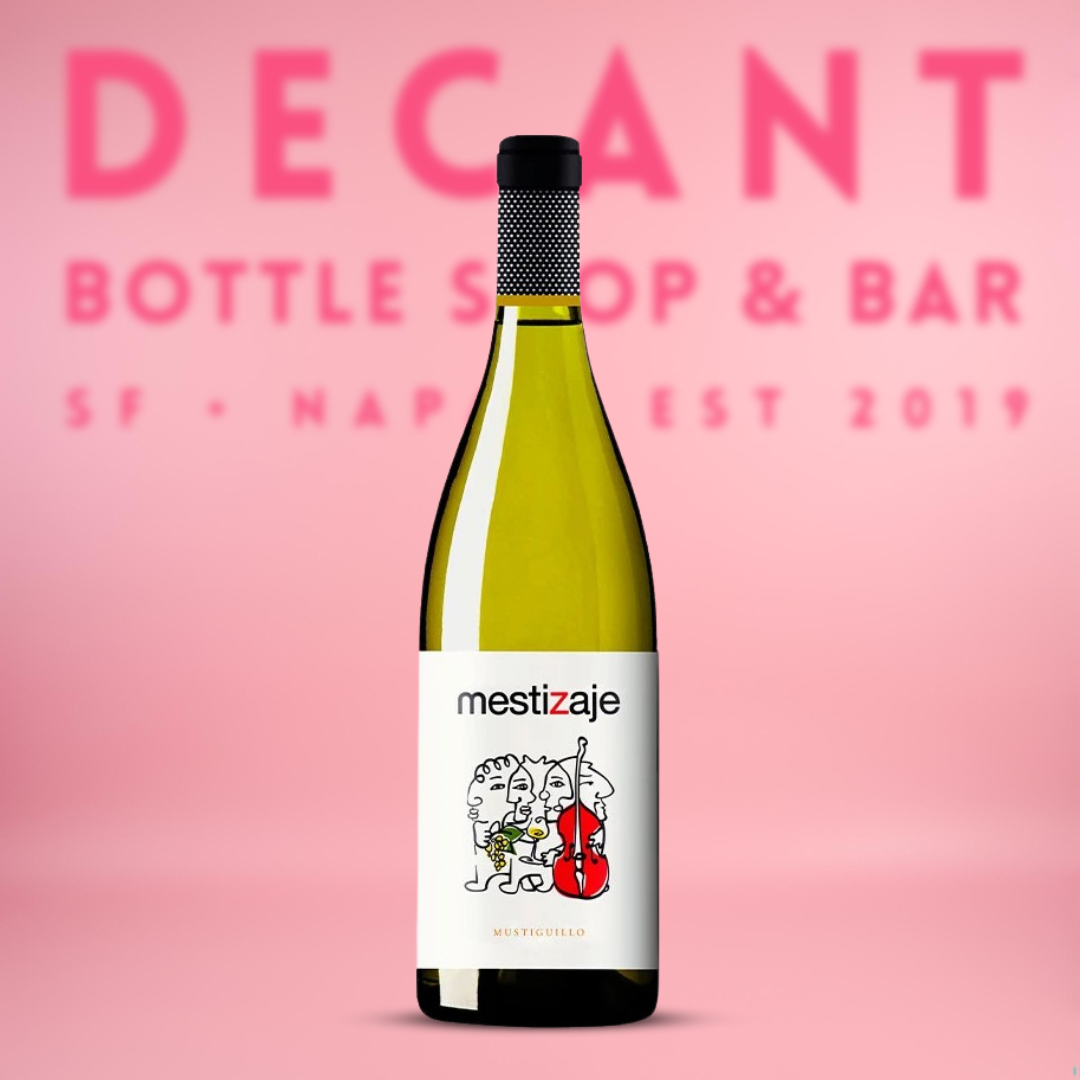
Mustiguillo ‘Mestizaje’ Blanco, Vino de Pago El Terrerazo, Valencia, Spain 2022
View all detailsSold Out -
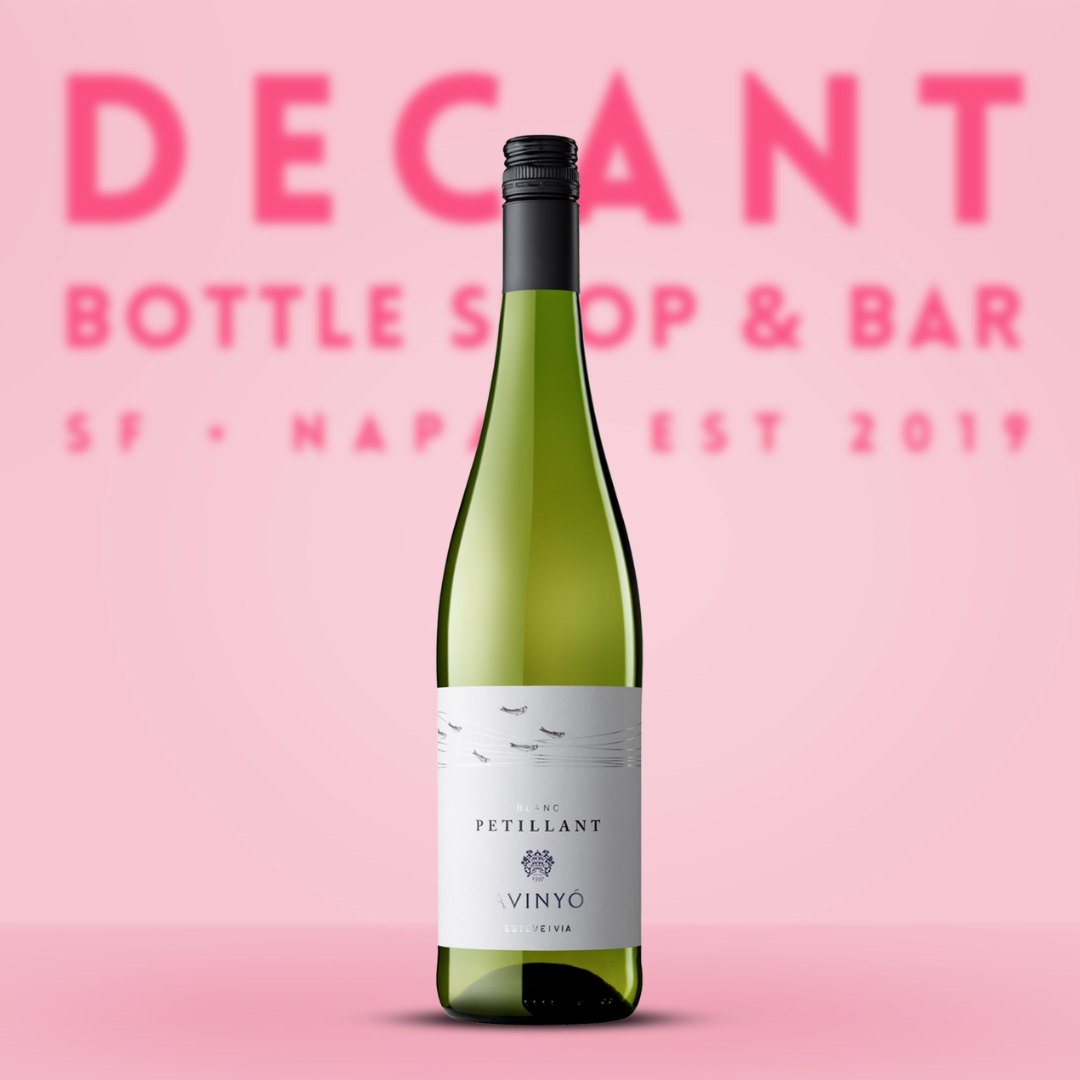
Avinyó 'Blanc Petillant', Penedés, Spain 2024
View all details -

Mary Taylor Dão Branco, Dão, Portugal 2023
View all details -
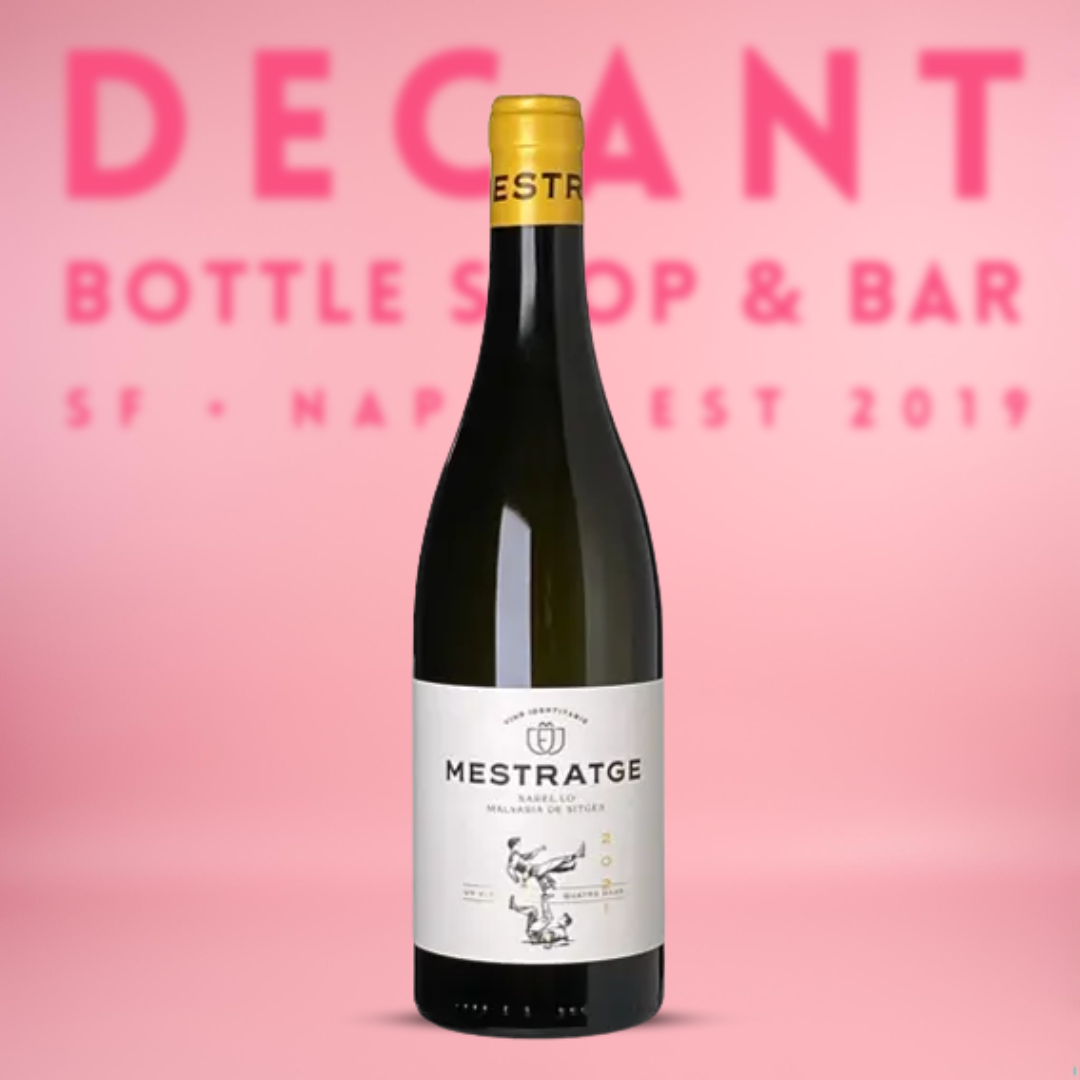
Vins Identitaris 'Mestratge' Xarel·lo, Penedès, Catalunya, Spain 2022
View all details -

Quivira 'Alder Grove Vineyard' Sauvignon Blanc, Dry Creek Valley, Sonoma, California 2020
View all details -
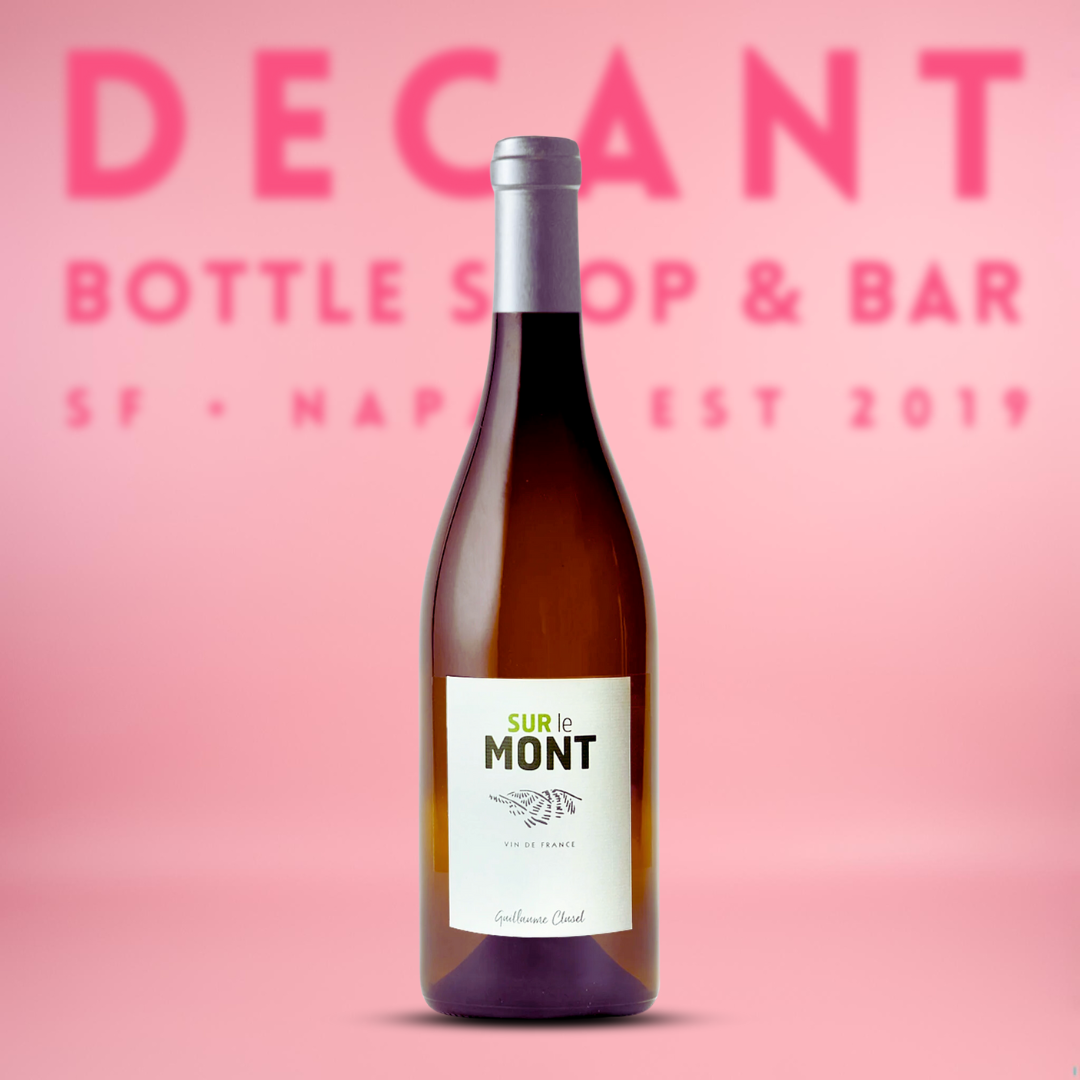
Clusel-Roch 'Sur le Mont' White Blend, Vin de France, Rhône Valley, France 2022
View all detailsSold Out -

Monastero Suore Cistercensi 'Coenobium Ruscum' Bianco, Lazio, Italy 2024
View all details -

Martin Texier 'Rouvière' VdF Blanc, France 2024
View all details
Land Acknowledgement
We acknowledge that we are on the unceded ancestral homelands of the Ramaytush Ohlone (the original inhabitants of the San Francisco Peninsula) and the Wappo & Miwok (the original inhabitants of Napa County).
